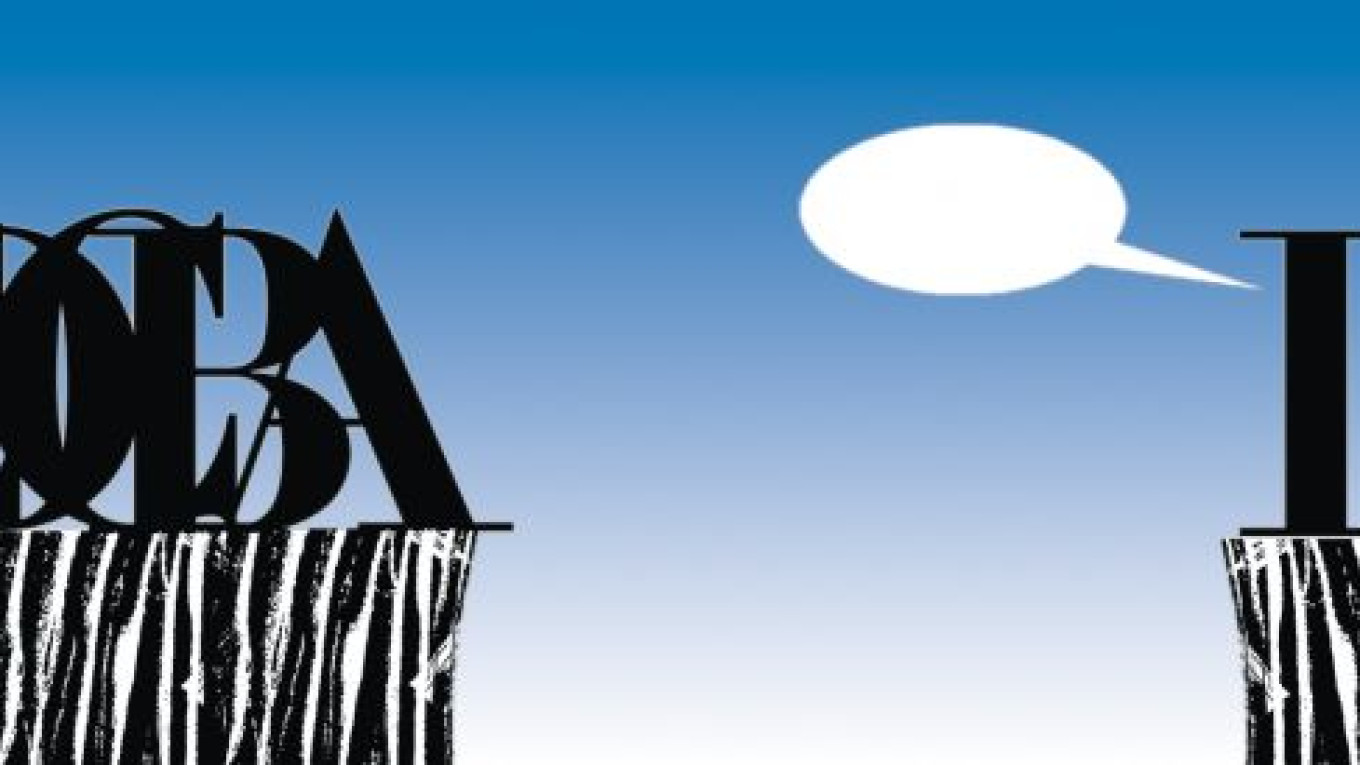A striking symmetry is emerging in debates about the future of higher education around the world. On the one hand, there is growing concern that the U.S. and many European countries are failing to prepare enough university graduates in the fields driving the 21st-century “knowledge economy,” such as engineering and information technology. This fear has led to the narrowing of the concept of education to mean the acquisition of practical skills.
On the other hand, the worry in some parts of Asia is that young people entering the workforce with strong technical training lack sufficient experience “thinking outside the box.” This fear is manifesting itself in an incipient effort to expand education to include the cultivation of feeling and imagination.
Both movements are rooted in economic concerns. In the U.S., where most undergraduates bear at least part of the cost of their university education, political pressure is mounting to provide incentives like tuition discounts or loan forgiveness to students of science, technology, engineering or mathematics — the so-called STEM fields. Cost-cutting measures, such as compressing traditional four-year degree programs into three years — thereby reducing or eliminating elective courses in “impractical” subjects like literature, philosophy and fine arts — are also being discussed.
Meanwhile, in Hong Kong, Singapore and China, there are calls for extending university programs so that students can obtain a broad, liberal education, in the hope that graduates will be more inclined to experiment and innovate. Hong Kong University, for example, has extended its undergraduate programs from three years to four.
But such a narrow, economics-based view fails to account for the larger questions of value that societies worldwide are facing. To be sure, progress in any field, from commerce and communications to health and environmental science, will become increasingly dependent on technological innovation and thus on the high-order skills, acquired through intensive technical training, that drive it.
It is also true, however, that such training does not provide an adequate foundation for addressing the more abstract but profoundly important questions that ultimately must guide global policy and decision making. For example:
1. How can the imperative of economic development be reconciled with the need to limit climate change?
2. What does sovereignty mean in a world where diseases, pollutants and terrorists cross national borders at will?
3. Are there universal human rights that transcend conflicting claims of particular cultural traditions?
4. How should limited resources be distributed to provide opportunity and hope to young people, while treating the elderly with dignity and respect?
5. What are a country’s obligations to refugees fleeing from persecution, poverty or strife elsewhere?
6. How should we balance individual liberty and collective security?
In answering such questions, advances in science and technology — for example, new methods of energy production, surveillance or online learning — will have a key role to play.
But moral and ethical questions never yield fully to technical solutions. They also require an understanding of humanity’s social and cultural heritage. Science can help us to attain the life we want, but it cannot teach us what kind of life is worth wanting.
In short, each side in the current education debate is half right. As human affairs become increasingly complex and morally exigent, future generations will need both scientific and humanistic learning — and they will need them more than ever.
Fortunately, promising new models for making education more coherent and capacious are emerging. Yale University and the National University of Singapore have worked together to establish Yale-NUS, Singapore’s first liberal arts college. Led by a literary scholar and an astronomer, this new residential college aims to break down interdisciplinary boundaries and enable students to learn from one another. Likewise, Quest University in British Columbia, Canada, encourages students to bring both scientific and humanistic knowledge to bear on today’s most pressing problems.
Similar efforts have been underway for years in the U.S. For example, North Carolina State University’s Benjamin Franklin Scholars program, a collaboration between the College of Engineering and the College of Humanities and Social Sciences, aims “to produce well-rounded professionals who are analytical problem-solvers, ethical decision makers and effective communicators.” Unfortunately, such programs largely lack the visibility and influence needed to shape educational reform.
It is time to abandon the “either/or” discourse that pits science against humanities, which the British chemist and novelist C.P. Snow identified more than a half-century ago as an obstacle to human progress. It is time to seek out best practices that bridge this putative divide and scale them up.
In the important work of adapting educational institutions for the future, we must not lose sight of their core mission as articulated in the past. No one has expressed that mission better than Benjamin Franklin, a man of letters and scientific innovator who defined education as the quest for “true merit.”
“True merit,” Franklin wrote, consists in “an inclination joined with an ability to serve mankind, one’s country, friends and family; which ability is … to be acquired or greatly increased by true learning; and should, indeed, be the great aim and end of all learning.”
This is an aspiration that should be renewed for every generation.
Andrew Delbanco, director of American studies at Columbia University, is the author of “College: What it Was, Is, and Should Be.” © Project Syndicate


